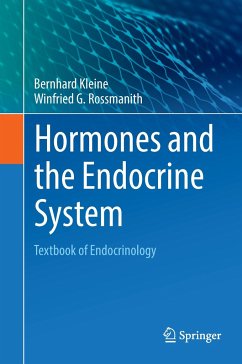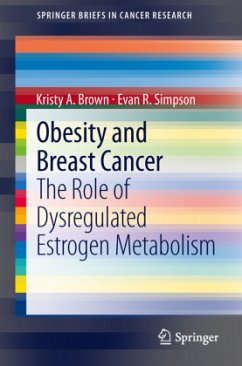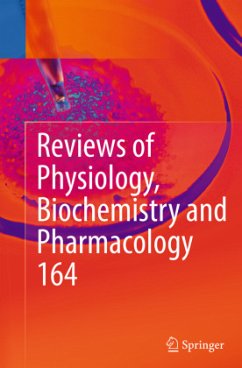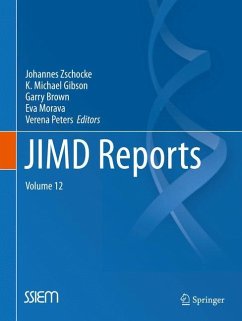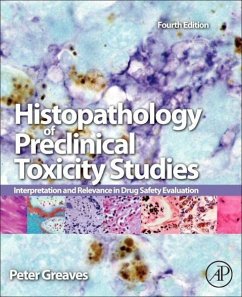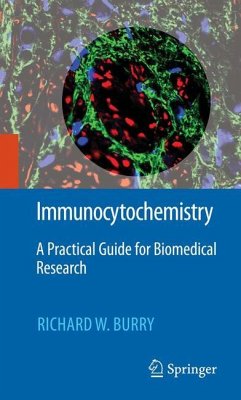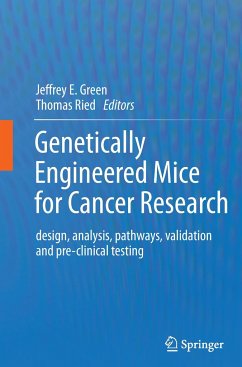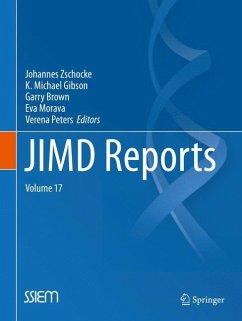
Physiology and Physiopathology of Adipose Tissue
Versandkostenfrei!
Versandfertig in 6-10 Tagen
113,99 €
inkl. MwSt.

PAYBACK Punkte
57 °P sammeln!
The scientific advances in the physiology and pathophysiology of adipose tissue over the last two decades have been considerable. Today, the cellular and molecular mechanisms of adipogenesis are well known. In addition, adipose tissue is now recognized as a real endocrine organ that produces hormones such as the leptin acting to regulate food intake and energy balance in the central nervous system, a finding that has completely revolutionized the paradigm of energy homeostasis. Other adipokines have now been described and these molecules are taking on increasing importance in physiology and pa...
The scientific advances in the physiology and pathophysiology of adipose tissue over the last two decades have been considerable. Today, the cellular and molecular mechanisms of adipogenesis are well known. In addition, adipose tissue is now recognized as a real endocrine organ that produces hormones such as the leptin acting to regulate food intake and energy balance in the central nervous system, a finding that has completely revolutionized the paradigm of energy homeostasis. Other adipokines have now been described and these molecules are taking on increasing importance in physiology and pathophysiology. Moreover, numerous works have shown that in obesity, but also in cases of lipodystophy, adipose tissue was the site of a local low-grade inflammation that involves immune cells such as macrophages and certain populations of lymphocytes. This new information is an important step in the pathophysiology of both obesity and related metabolic and cardiovascular complications. Finally, it is a unique and original work focusing on adipose tissue, covering biology and pathology by investigating aspects of molecular and cellular biology, general, metabolic, genetic and genomic biochemistry.






